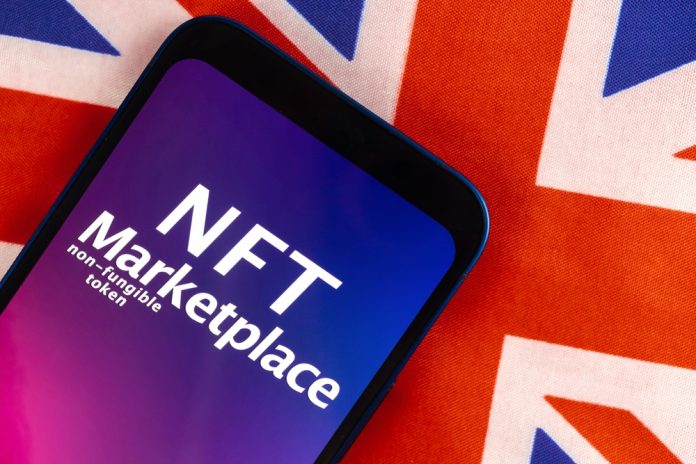As part of the UK government’s attempts to improve anti-money laundering controls, it has proposed that digital asset firms in the country that issue NFTs to fall under a new set of regulatory guidelines.
Whilst cryptocurrency companies must receive clearance and adhere to the Financial Conduct Authority’s (FCA) rules, digital asset firms that focus primarily on NFTs fall outside of this remit.
In the consultation ‘Improving the effectiveness of the Money Laundering Regulations (MLR)’, HM Treasury proposed a new set of regulations for specialised NFT-based entities as concerns still linger around the digital asset-backed feature.
The consultation read: “Most crypto firms supervised by the FCA are not FSMA authorised, so the MLRs contain a bespoke registration process for them. Currently, this applies to all crypto firms, including the minority of crypto firms that are also FSMA authorised, meaning that if a firm wishes to undertake crypto asset activity and is already FSMA authorised, they have to register separately under the MLRs.”
However, in 2022, MLRs were amended so that the FCA gained control of who or who could not be an officially registered digital asset operator in the country via a fit and proper assessment.
Crypto regulations in the UK extended further last year by bringing the digital currency within the same remit as other financial instruments and regulations through the Financial Services and Markets Act (FSMA) 2023, paving the way for a comprehensive legislation in the coming years.
This did not, however, include guidelines for NFTs and various other digital asset items as they were deemed not fit to be treated as a regulated financial asset.
The consultation notes: “As noted in the 2023 consultation response, the scope of crypto firms subject to the new FSMA regime will be narrower than those subject to the MLRs.
“The definition of ‘crypto asset exchange providers’ and ‘custodian wallet providers’ in the MLRs captures a broad range of activities involving crypto assets. This is coupled with a broad definition of crypto assets as “a cryptographically secured digital representation of value or contractual rights that uses a form of distributed ledger technology and can be transferred, stored or traded electronically”.
“For crypto asset exchange activity, the definition is extended further to include a right to, or interest in, a crypto asset. This definition effectively covers any digital token which represents some kind of value, ownership of which is recorded on a blockchain.”
It remains to be seen once the FSMA regulations come into effect whether there will be the inclusion of rules and guidelines for NFT-based operators.























